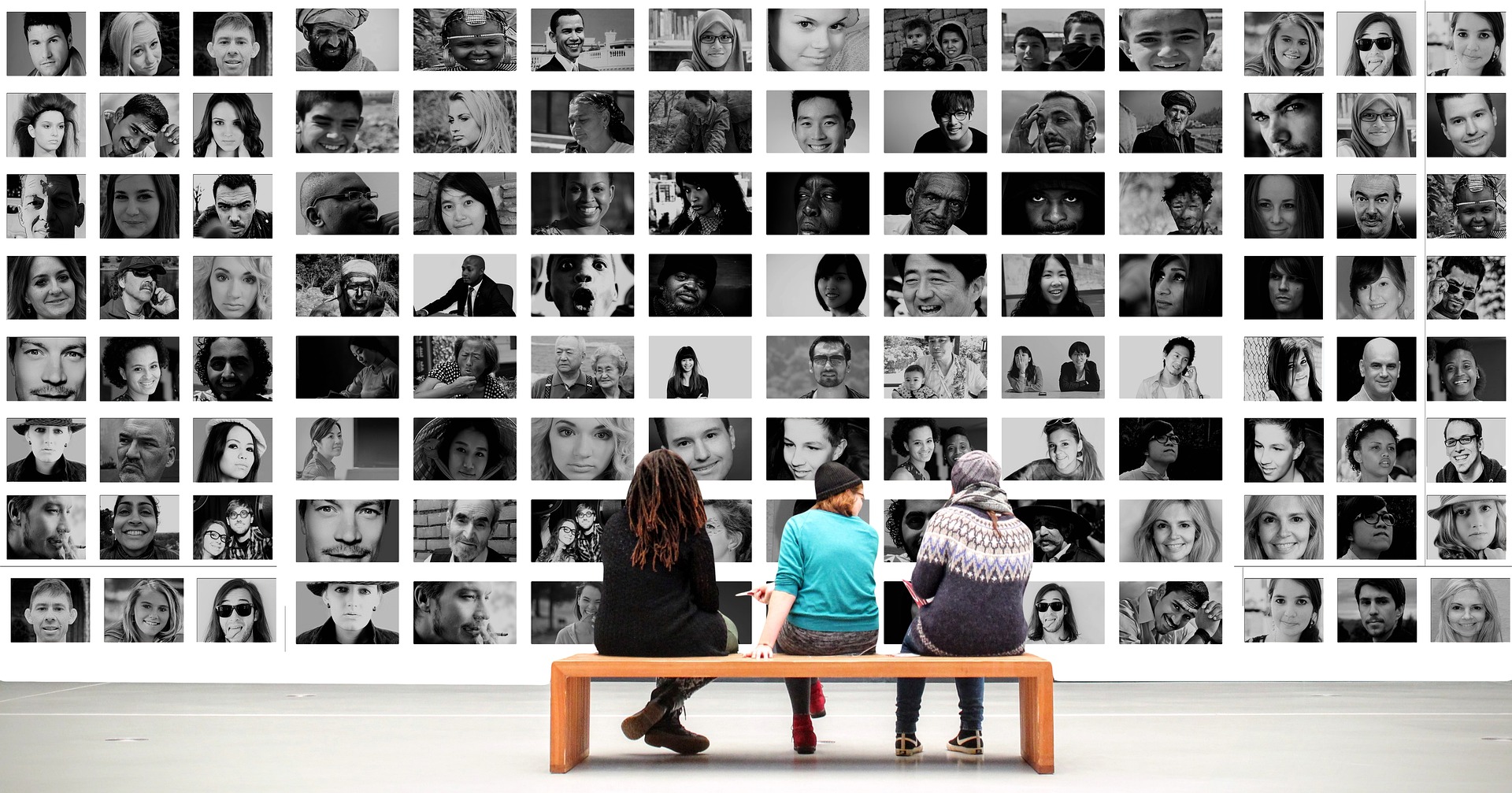Collaborate to break new ground

“What happens when you collaborate is that you not only have access to new or additional resources, but also you get access to new perspectives and ideas.
The latest report by the Intergovernmental Panel on Climate Change (IPCC) – the UN body for assessing the science related to climate changes, shows that climate change will intensify over the next 20 years. In order to cope with the necessary transition, we need to collaborate at local, national, and global level. Magnus Hoppe, researcher in innovation, business intelligence and entrepreneurship at Mälardalen University (MDH), has conducted a great deal of research on how collaboration works and what effects can be achieved by well-functioning collaboration.
“The only way to address problems that are not linked to a specific and defined organisational task is to join together with the other affected parties. And when it comes to major, difficult, and also complex and elusive problems, such as sustainability and climate change, no one can take on this task alone," says Magnus Hoppe.
“What happens when you collaborate is that you not only have access to new or additional resources, but also you get access to new perspectives and ideas. This is necessary as all organisations tend to look inwards, create their own culture and a well-developed way of tackling problems," he continues.
"Open innovation" breaks established approaches
Innovation research emphasises the importance of breaking these established approaches, where, based on the concept of 'open innovation', various questions are tackled such as: 'how can we in a favourable way get the best solutions to the problems we have by allowing virtually everyone who has something to offer to participate?' Magnus Hoppe explains further:
"Those who work with innovation understand the importance of bringing together groups with different reference points and affiliations to reach new solutions.
These affiliations may apply to organisations, but it can also apply to age, gender, sexual orientation, ethnicity, background, education, expertise and so on.
"Good and effective innovation thus opens up the possibility of complementary perspectives and thoughts, which means that you may not just solve a problem, but you also dissolve it through new ways of dealing with it," Hoppe says.
Trinity between innovation, business intelligence and entrepreneurship
Many positive effects can thus be achieved through well-functioning collaboration. And the best prerequisites for success are when we combine the three approaches – innovation, business intelligence and entrepreneurship," says Magnus Hoppe.
For example, innovation research tells us how to create the best prerequisites. It also gives us methods for how we can move from ideas to concrete actions. Research in business intelligence helps us to build common images of the outside world, analyse them and also see how different trends develop and affect each other.
"Finally, entrepreneurship research tells us how we best develop and support individuals and groups, in and between organisations, who then take the initiative to create change and drive development towards the common goals we agree on," says Magnus Hoppe.
Various roles, various responsibilities, and empowerment
An important question now arises for Magnus Hoppe; namely, the question of how we through collaboration can prepare, adapt, and deal with climate change in Sweden but also in the world?
"Although we know what it takes for collaboration to work and what is required for innovation to succeed, it is not so easy to get different people who have different opinions to collaborate, precisely because they have different opinions about things. People also have various roles, different responsibilities and various forms of authority and most organisations also have different tasks and have pressure on them from their owners and other stakeholders," says Magnus Hoppe.
But, and here Magnus Hoppe refers to Greta Thunberg, if we only tackled climate change as the crisis it is, we could actually make things happen as we would all have a common and overall objective to work towards.
"Of course, we can also become better at both collaborating and tackling climate change in new ways and through interaction between different levels and actors in society. We can contribute a great deal in this aspect from the University in the form of method development, innovation labs and joint research projects for a more sustainable world. Our doors are open to both private and public-sector bodies who want to collaborate with us on these important issues," he concludes.
This is how MDU work with the sustainable development goals
MDH is conducting research in all of the UN’s global goals for sustainable development. Research in innovation, business intelligence and entrepreneurship can be linked to goals number 11, Sustainable Cities and Communities and goal number 17, Partnership for the Goals.
Contact Information
